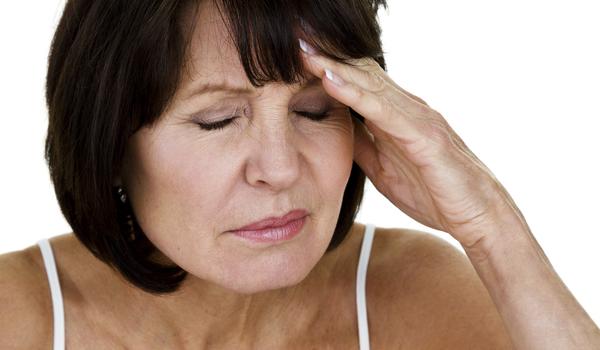Seeing your doctor

You may have noticed some changes in your body or have some symptoms that are worrying you. These are probably nothing to worry about, but may be an early sign of cancer.1
You are never wasting your doctor’s time by going to see them; if you have any concerns, they will want to see you as soon as possible.2 Often the changes you have noticed will not be due to cancer,1 but you should consider consulting your doctor if you develop any of the following:
- Unexplained bleeding, including blood in your urine or stools, vaginal bleeding between periods, bleeding when you cough, or if you vomit blood3,4
- An unexplained lump or swelling3,4
- Weight loss that cannot be explained by changes to your diet or to your exercise programme3,4
- A mole that has an irregular shape, is more than one colour, is larger than 7 mm in diameter, and/or is itchy, crusting, or bleeding4
- Changes in bowel habits, including unexplained diarrhoea or constipation, pain in your stomach or anus, and/or persistent bloating4
- Any unexplained pain (especially pain lasting for more than 3 weeks)3,4
You should also consult your doctor if you have developed symptoms that are unusual for you. These might include a cough that you have had for over 3 weeks, or a change in the shape, size, or colour of a mole.4
After examining you, your doctor is likely to do one of the following:2
- Reassure you that there is nothing to worry about
- Refer you for tests, or to a specialist for further investigation
- Ask you to return in a few weeks’ time to see whether your symptoms have cleared up or become worse